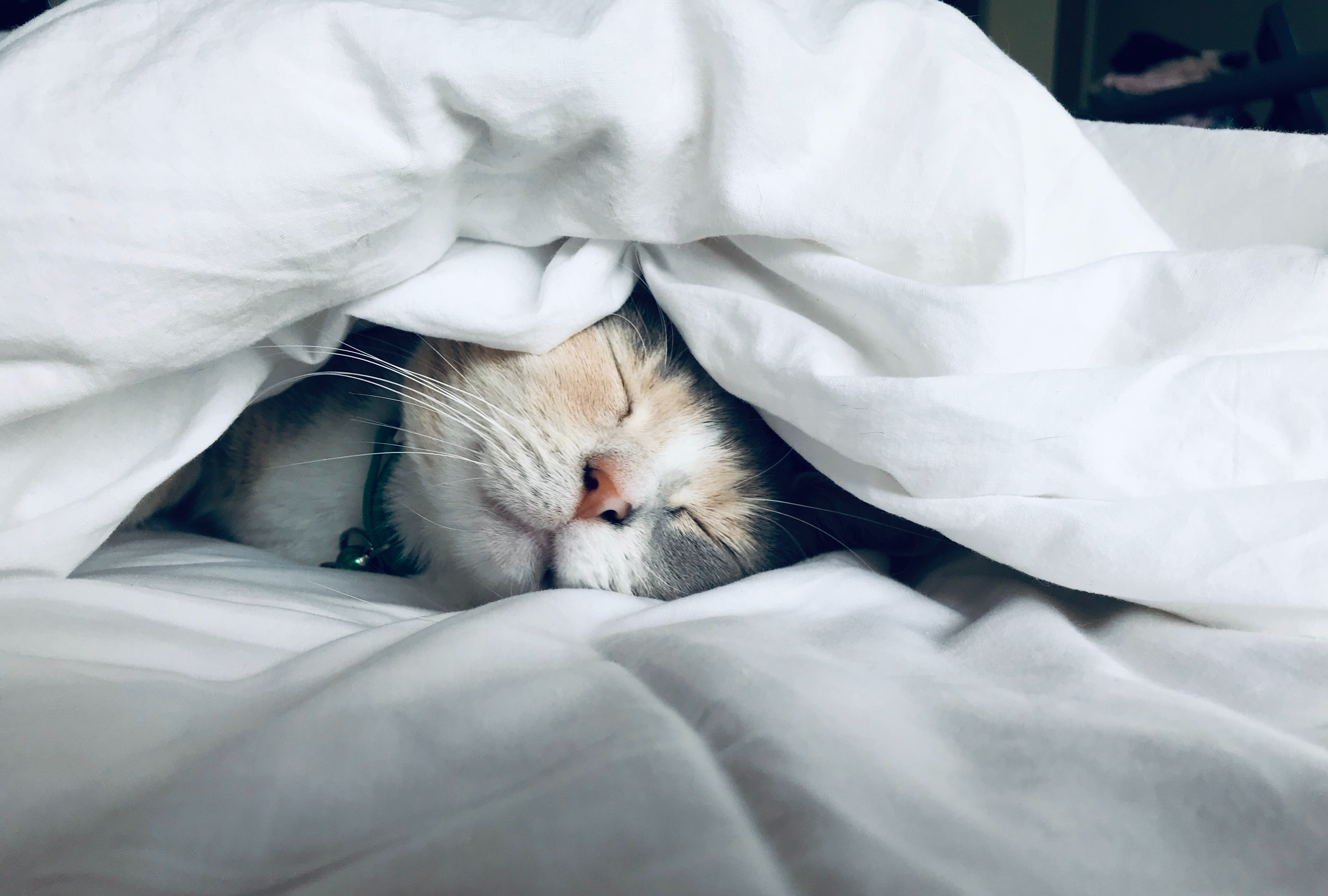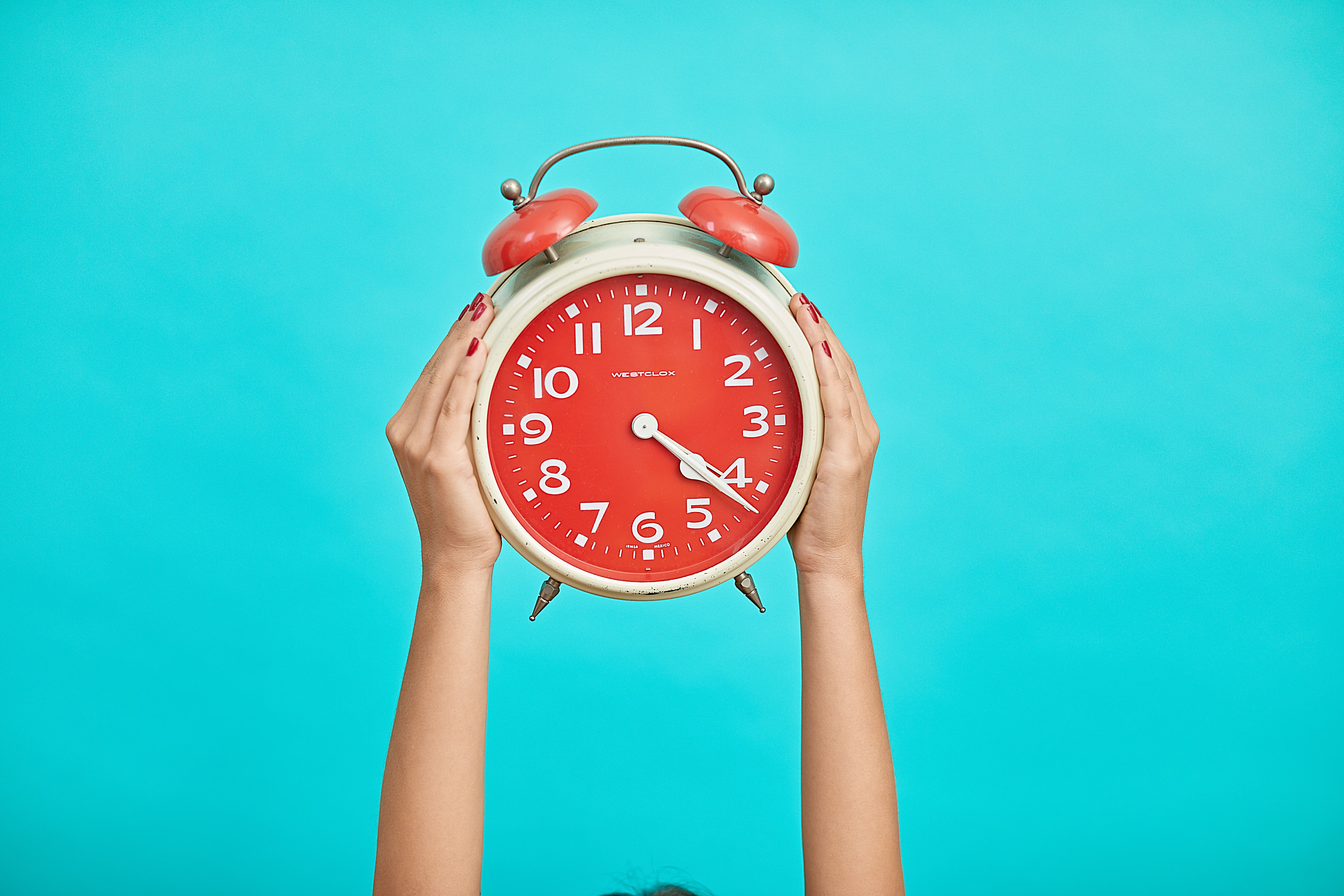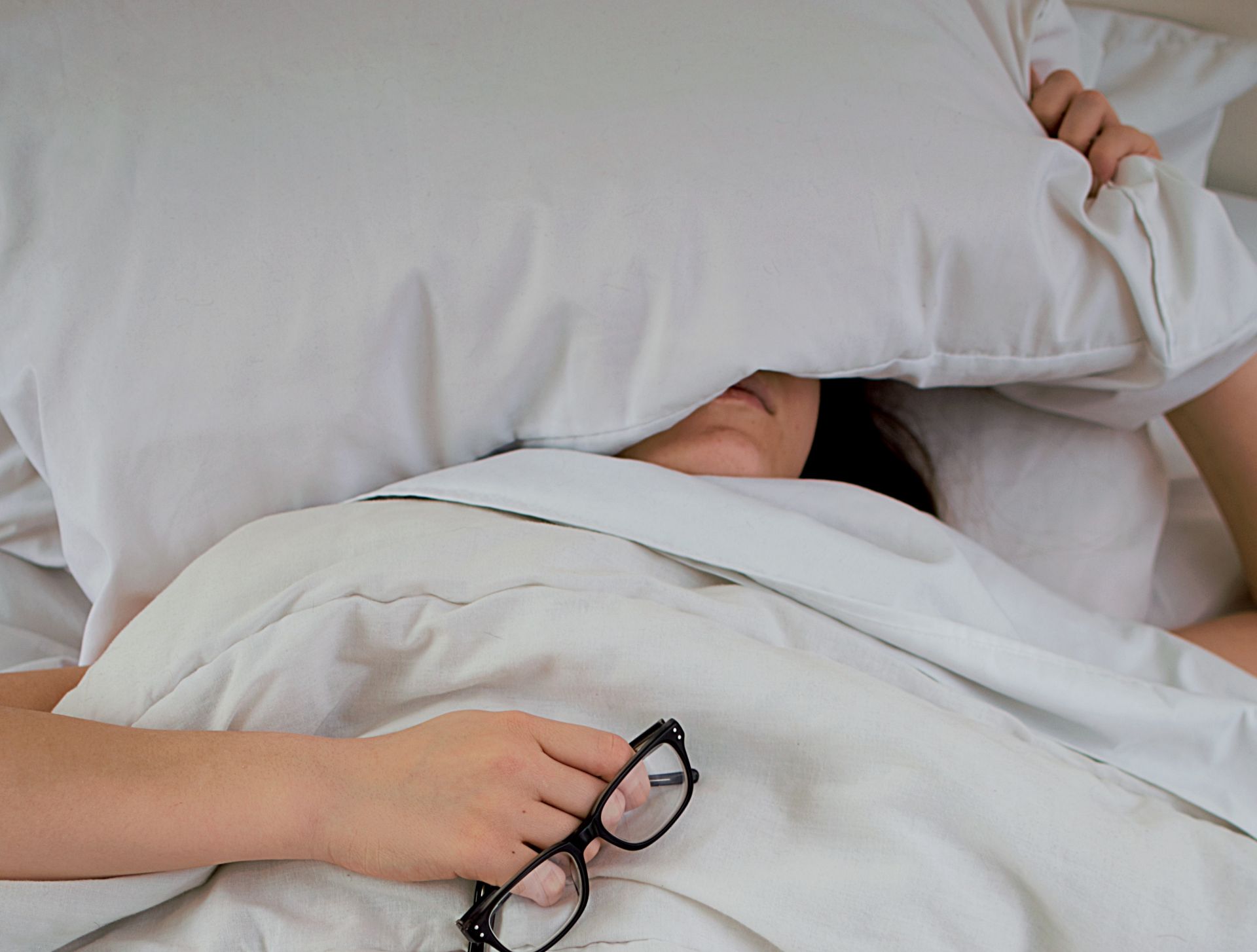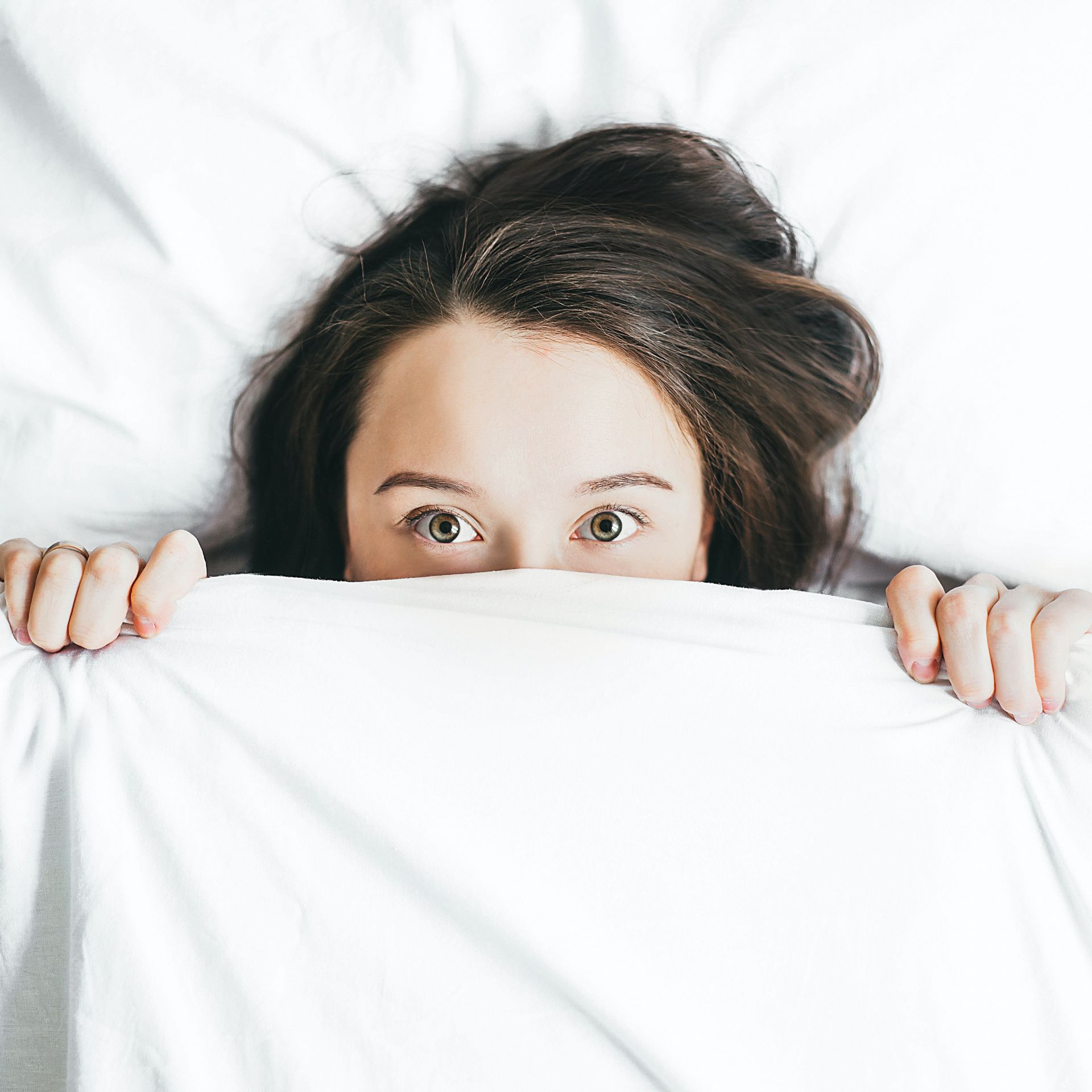We are now heading into our 6th week of lockdown in the UK. Many of us will be experiencing restless nights of anxiety and worry. Some of us may also be strongly considering putting our children up for adoption as we shudder at the thought of more hours of juggling work life with home schooling.

You may be wondering when this sorry state of affairs will end and asking yourself if in fact it ever will?
It’s not all doom and gloom, and some of us may be secretly enjoying the more relaxed pace of life, awaking feeling refreshed and taking the opportunity to get more exercise, learn new recipes or craft perhaps?
Others of us will be existing in this semi zombified state, emerging from our slumber after another night of tossing and turning. We switch on our laptops for another week of work in this surreal new world. Our eyes will be glued to our screens and the only ounce of sunlight we receive will be when we peel back the curtains to try and ascertain what time of day it is, whilst at the same time not being entirely sure what day of the week it is.
Having experienced insomnia in the past myself and thinking about the dramatic changes that this pandemic has had on our daily lives, I thought it would be as good a time as any to explore the subject of sleep. Given that we spend 1/3 of our lives asleep it must be good for something right?
In February I attended an insightful sleep conference at Treliske delivered by Outlook Southwest in which they discussed the strong connection between sleep and wellbeing. In this blog I will try my best to impart some of this knowledge on to you or at the very least send those of you struggling with insomnia to sleep!
Sleep Hygiene
The Sleep Council: “Behaviours that one can do to help promote good sleep using behavioural interventions.” This can mean things like controlling the environment of your bedroom such as amount of light and temperature or changing your sleep habits.
Signs of poor sleep hygiene
- Frequent sleep disturbances/broken sleep
- Early morning wakening
- Too much sleep
- Daytime sleepiness/increased need for napping
- Taking too long to fall asleep
- Insomnia
How is sleep being affected by this pandemic?
There has been increased reports of people struggling with:
- Increased nightmares or bizarre vivid dreams
- Too much/too little sleep
- Disrupted or inconsistent sleep patterns
Why is sleep being particularly affected during this pandemic?
It is widely known that stress and anxiety have a direct link to sleep problems and it is hardly surprising given the current state of affairs that people are struggling to get the shut eye they need. According to the sleep council there are numerous barriers to sleep during this difficult time including:
- Difficulty adjusting to new daily schedules & disruptions to usual routine.
- Struggling to keep track of time and days without usual cues like dropping kids at school and arriving at the office.
- Using a bedroom as an office with no separation between work and home life.
- Looking after relatives or kids can place greater demands on you.
- Lack of time for recuperation or to recharge e.g. cancelled holidays.
- Isolation /loneliness from normal social occasions and interactions.
- Economic/financial worries & job insecurity provide a very real and significant problem for many.
- Concern for your own health or those of your relatives causing ruminating or catastrophising thoughts. This is exacerbated by news and social media exposure.
The big thing is there are lots of unknowns. This uncertainty understandably breeds panic, worry and stress that majorly disrupts sleep. But we all know that sleep is vitally important for our overall health and wellbeing and its imperative to try and get a proper nights rest.
Sleep importance
Sleep affects our daily function and is one of the three pillars that support human health and functioning along with exercise and healthy eating. At this current time sleep plays an even more vital role as it can strengthen of our immune system and help to maintain our mental health and resilience.

Sleep enhances mood and improves mental health: Poor sleep makes us more vulnerable to irritability/short temperedness, overwhelmed feelings, drops in concentration and memory, lack of energy, we become more emotional and experience impaired decision making.
Sleep heightens brain function: Sleep helps with alertness. Poor sleep can impair daytime functioning and can negatively impact on our relationships with family, friends and colleagues.
Sleep improves physical health: Sleep is when your body repairs itself and helps with immune system function. Sleep fosters T cell production to boost your immune system and help fight infection. Going through all the sleep cycles supports the release of cytokines, a protein that helps immune system respond to antigens. Sleep can also help maintain healthy blood pressure and affect our satiety and physical activity levels. Lack of sleep can exacerbate flare ups or other chronic illnesses/diseases.
The paradox of sleep
It is easy to get into a negative spiral of sleep and to think “how am I going to sleep well tonight?”. Paradoxically negative thoughts actually make us feel more anxious and make sleep harder. Not Sleeping due to unhelpful negative sleep thoughts during the day increase your anxiety levels and can disrupt your sleep pattern. This inability to sleep in turn increases apprehension and anxiety about sleep. You begin to experience intrusive and arousing thoughts that make the act of sleeping very intentional when it’s supposed to be subconscious!
The Sleep Foundation have a great analogy:
“Sleep is like a butterfly you cannot reach out, grab it and catch it. If you stay quiet and still the butterfly will come to you. In essence you cannot force yourself to go to sleep, so don’t try to. Allow yourself to be relaxed and quiet and sleep will come to you.”

Try telling yourself: “I can’t force myself to sleep. Let me focus on relaxing each part of my body, sleep will come in its own time.” If you are still struggling to drift of it is advised that you take a break, go somewhere quiet away from your bedroom and do a relaxing activity such as reading or listening to calming music.
Hints & tips for a better night’s sleep during lockdown:
- Incorporate good sleep hygiene behaviours:
- Avoid napping during the day
- Avoid stimulants such as caffeine up to 6 hours and alcohol up to 3 hours before bed
- Avoid eating a heavy meal 2 hours before
- Avoid working/being on laptop 2 hours before bed
- Electronics curfew: Don’t access devices less than 90 minutes before lights out. Turn brightness of screens down, block out blue light from devices or remove them from room.
- Compile a gratitude list/practice kindness: Thinking positive thoughts helps relief stress and helps improve deep sleep. Find positive stories of people helping one another during this time of crisis.
-
Keep your schedule consistent: Eating, exercising and going to bed at the same time is vitally important to help regulate sleep cycles.
-
Take hot shower/bath: The change in body temperature produces melatonin that helps with sleep.
- Optimise sleep environment: Ensure room is clean, adequate room temperature, low noise and lighting levels.
- Make time to unwind: Spend time relaxing listening to music, reading or doing a mindful activity.
-
Connect: Try to deal with concerns in the day before bed. Talk to someone, get advice from someone you trust that may be able to help you solve your problem or worries. Social distancing does not need to mean social isolation!
-
Write down worries: Write down what’s on your mind and make a list of how you plan to tackle them.
-
Outdoors & exercise: Exposure to natural light stimulates your body clock and exercise helps promote sleep.

-
Keep a sleep diary: Discover lifestyle habits or activities that contribute to your poor sleep. The NHS has examples of sleep diaries online.
-
Keep bed only for sleep: Develop connection between your bed and successful sleep. Try not to make your bedroom your office and if you awake in the night and can’t sleep get up and do something relaxing in dim light that is quiet and away from the bedroom.
-
Reduce social media exposure: Bookmark only 1 or 2 trusted sites and visit for a limited time, cut down on time spent scrolling, use apps that monitor screen time or block time on social media, schedule calls with friends and family and agree on topics other than coronavirus!
-
Keep daytime and night time separate: Ensure a clear distinction e.g. try to do more energetic activities during the hours of daylight such as cooking, cleaning, gardening and keep evening for calm activities like tv and listening to music.
Changing the way, you think, feel and act
The cognitive behavioural model essentially outlines how thoughts, behaviours and feelings influence each other and how this consequently affects your sleep. Cognitive Behavioural Therapy (CBT) as a form of treatment is used to challenge the negative thinking patterns that contribute to your sleep problems. It replaces them with more positive, realistic thoughts. The Cognitive behaviour model is fascinating, but I won’t delve too deeply into that in this blog. Instead I will outline some pointers on how you can begin to challenge your way of thinking and tackle barriers to sleep.
Thoughts that keep us awake
Rehearsing and planning thoughts, negative sleep thoughts: “I’m not going to be able to get to sleep, I’m not going to be able to function at work”
Problem solving thoughts, listening to your body: hypersensitive to Heart rate, breathing and comfort levels
Thinking about thinking & emotional thoughts: worry, sad, low mood, anxiety.
4 effective ways to control thoughts
- Change perspective
- Give up trying to sleep
- Put day to rest
- Use relaxation techniques
1. Change perspective & challenge negative thoughts
- You are getting more sleep than you think: Research shows that insomniacs underestimate how much sleep they are getting.
- Remove the myth of 8 hours: 20% of the population survive on less than 6 hours
- Believe you can function well with less sleep: Have a more positive mindset. Daytime functioning is not affected solely by sleep multiple factors including medication, relationships and food that affect this, but we always blame lack of sleep.
- Challenge thoughts: They are not facts, they are simply your belief, take a step back. “even on the worse nights I still managed to achieve this… the next day”
2. Stop TRYING to sleep
- Be care free, use the time to do something else/ be more productive and De- catastrophise.
- Even just lying there still and in the quiet is still good for your body
- Give yourself permission to be awake, paradoxically this can make you more likely to drift off.
3. Putting your day to rest
- Spend 10 mins reflecting on what it is you have to do tomorrow, couple of hours before bed time ‘to do list’
- Spend 5 mins- to reflect on what went well in day and what you’re looking forward to
- Have a pad of paper and pen by your bed: Putting something on paper allows you to take a step back, see things for what they are and be proactive so you don’t need to ruminate about it.
4. Relaxation
- Relaxation
- Headspace, Calm & Buddify Apps
- Yoga
- Deep breathing
- Progressive muscle relaxation
- Podcast- bore yourself to sleep ‘sleep with me’ podcast app on phone
- 4,7,8 breathing break: some people report getting to sleep in 60s.(search on YouTube)
Are you still awake? You are doing well if you are! As a final takeaway try these 8 pointers below and be aware there is not always an immediate affect it takes time and perseverance to change sleep habits.
8 commitments to sleeping better
- Spend less time in bed
- Keep regular hours- set sleep routine and don’t break it (no lie ins). You can track your sleep with an app but be aware this could make you hyperaware.
- If you can’t sleep and are frustrated get up and do something productive
- Avoid naps (keep them to 20-30 mins if you are an insomniac)
- Keep active and engaged e.g. if tired still exercise instead of napping
- Turn your clock away from the bed No clock watching!
- Bedroom only for sleep
- Eliminate stimulants before bed (alcohol and caffeine)

Signposting:
Apps to help with sleep:
- Pzizz
- Sleepio
- Sleep station https://www.sleepstation.org.uk/
- Iphone app called ‘Smiling Mind’ short mindfulness activities
Further useful articles and websites:
- For more information about sleep, specifically during the coronavirus pandemic check out the National Sleep Foundation website.
- General sleep info and advice: https://sleepcouncil.org.uk/ & https://www.sleep.org/articles/sleep-hygiene/
- Silvercloud platform
- Outlook Southwest CBT services.
< Workout Wednesday #5 Mental Health Monday #4 >


